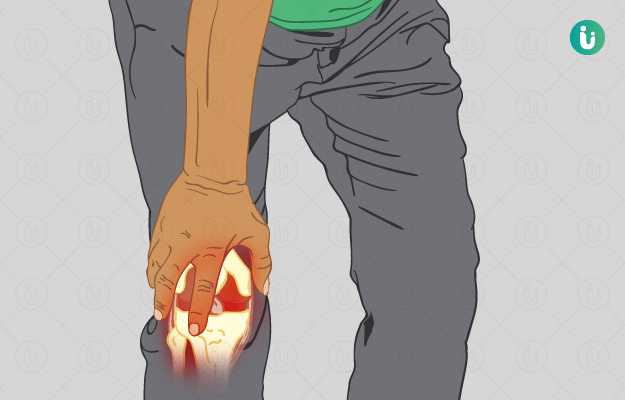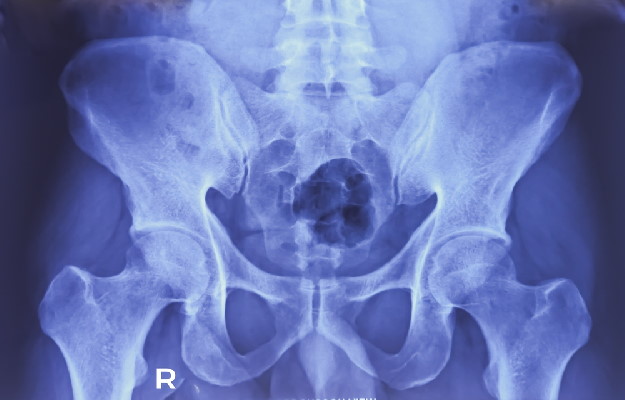What is Joint pain?
Pain in the joints is caused by a number of factors but the most common cause is injury or arthritis which if neglected or left untreated can cause disability.
What are its associated signs and symptoms?
Symptoms of joint pain include:
- Redness or heat at the site of pain
- Swollen joints
- Tender joints
- Pain at the different joints of the body making routine activity difficult such as walking, writing, etc.
- Recurrent bouts of pain
- Stiffness at the affected area and bruising
- Bleeding into the joint spaces
What are its main causes?
Joint pain can be caused by many factors
- The most common causes of joint pain include:
- Damage to the cartilage at the back of the kneecap
- Joint lining inflamed or bleeding into the joint space
- Gout or pseudogout due to increased uric acid levels in the body
- Viral infections
- Connective tissue disorders which include scleroderma, lupus
- Less common factors include:
- Fracture –a broken arm or wrist, broken leg, broken ankle or hip fracture
- Arthritis, which include reactive, psoriatic, or rheumatoid arthritis
- Osgood-Schlatter's disease
- Rarest of all are:
- A tropical infection
- Conditions such as cancer, haemophilia, septic arthritis
- lack of blood supply to the bone causing crumbling
- Recurrent joint dislocation
How is it diagnosed and treated?
The physician will take a complete history of the symptoms to diagnose joint pain and conduct a physical examination to find out its cause. Following tests might be advised:
- Blood tests which include complete blood count, antinuclear antibody, rheumatoid factor, anti–SS-A (anti-Ro) and anti–SS-B (anti-La) antibodies, anticardiolipin antibody, VDRL test, cytoplasmic antineutrophil cytoplasmic autoantibody (c-ANCA), creatinine and creatine kinase (CPK), calcium
- Urinalysis to check levels of uric acid
- Joint aspiration and synovial fluid analysis
- Imaging includes X-rays of the affected area, magnetic resonance imaging
- Electrocardiogram
- Double-stranded DNA test
- HLA-B27
After detecting the cause of the joint pain it will be treated using the following procedures:
- In cases of mild pain, medications advised include ibuprofen or acetaminophen, or topical application of painkiller creams containing capsaicin
- Treating the cause of arthritis with appropriate medications
- If an infection is the cause, treating it will help reduce pain
- Some of the home care tricks include:
- Heat application to reduce stiffness of muscles and joints, and application of cold to reduce swelling and alleviate pain along with some gentle exercise regularly
- Some conditions require complete rest to the joints
- Avoiding smoking



 Doctors for Joint Pain (Arthralgia)
Doctors for Joint Pain (Arthralgia)  OTC Medicines for Joint Pain (Arthralgia)
OTC Medicines for Joint Pain (Arthralgia)
 Joint Pain (Arthralgia) articles
Joint Pain (Arthralgia) articles

 Ayurvedic Treatment of Joint Pain (Arthralgia)
Ayurvedic Treatment of Joint Pain (Arthralgia)
 Exercise for Joint Pain (Arthralgia)
Exercise for Joint Pain (Arthralgia)
 Home Remedies for Joint Pain (Arthralgia)
Home Remedies for Joint Pain (Arthralgia)
 Homeopathic Treatment of Joint Pain (Arthralgia)
Homeopathic Treatment of Joint Pain (Arthralgia)
 Yoga for Joint Pain (Arthralgia)
Yoga for Joint Pain (Arthralgia)







 Editorial Team
Editorial Team
















